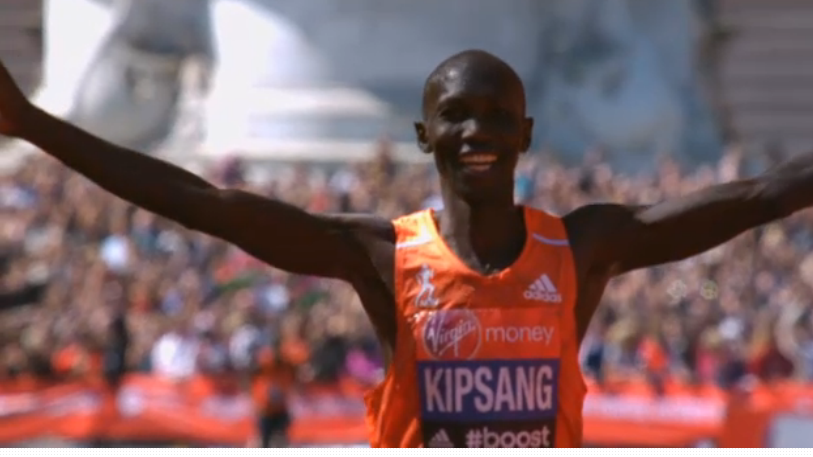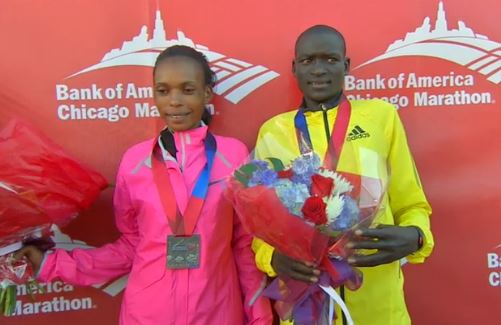Wilson Kipsang misses doping test


Wilson Kipsang, former world record holder in the marathon, with a time of 2:03:23 and bronze medallist at the 2012 Olympics has been asked to meet with Athletics Kenya regarding a missed doping test in November. A reputed sports journalist from Kenya, following the story closely, has noted that IAAF rules outline that there are no sanctions for the first missed test.
.@Kipsang_2_03_23 allegedly missed out of competition doping test on 11 November and has been summoned by Athletics Kenya for a meeting.
— Saddique Shaban (@SaddiqueShaban) December 16, 2014

However, this is quite the time to be missing a test, with the international running community in recent dismay with regards to doping suspicions surrounding several elite marathoners. Perhaps the best female marathoner of 2014, Rita Jeptoo, recently tested positive for EPO in her “A” sample and her “B” sample results should be finalized later this week, with a public announcement on December 20.
Original samples taken by athletes are split into two–and “A” and a “B” sample, this way if there are adverse results in the first test, organizers have the ability to double check the findings. If an athlete tests positive in their “A” sample, they may choose whether or not to have their “B” sample pursued, or to accept the sanctions, including a ban from competition and stripping of titles and earnings. Jeptoo requested that her “B” sample be tested. If the “B” sample comes back negative, an athlete is allowed to continue on with his or her career.
The Kenya Anti-Doping Agency, run by Athletics Kenya, only became functional in 2012. Currently, there are several athletes undergoing additional testing after adverse results, including female marathoners Viola Chelangat Kimetto and Joyce Jemutai Kiplimo, who tested positive for norandrosterone, which is the metabolite of the steroid nandrolone.
Doping is by no means a Kenyan phenomenon, in fact, recent attention on Kenyans is largely due to the relative newness of their doping agency. Two weeks ago, German reporter, Hajo Seppelt, broke the news of a doping conspiracy in the Russian distance-running community. He obtained copies of two world-champion runners allegedly confessing to drug use on tape and published accusations that one of those runners, Lilia Shobukhova, paid to have positive results hidden from reaching the IAAF. Seppelt’s investigation also alleges that the IAAF selected not to engage in further testing of some 100 suspicious biological passports or runners from Russia, Kenya, Germany, Morocco, Britain and Spain.
Seppelt reported that the treasurer of the IAAF, Valentin Balakhnichev, facilitated the payment from Lilia Shobukhova that allowed her to escape further testing. He stepped down as treasurer last week. Another resignation also occurred, with Papa Massaa Diack, the marketing advisor for the IAAF, stepping down after The Guardian ran a story intimating that he had solicited a bribe in order to get the World Championships based in Qatar in 2017.
While suspicions regarding athletes are always disconcerting, suspicions regarding track and field’s international governing body are certainly cause for concern. Further investigation is needed into both athletes suspected of doping, as well as allegations of organizational misconduct, before any conclusions can be made regarding guilt.


